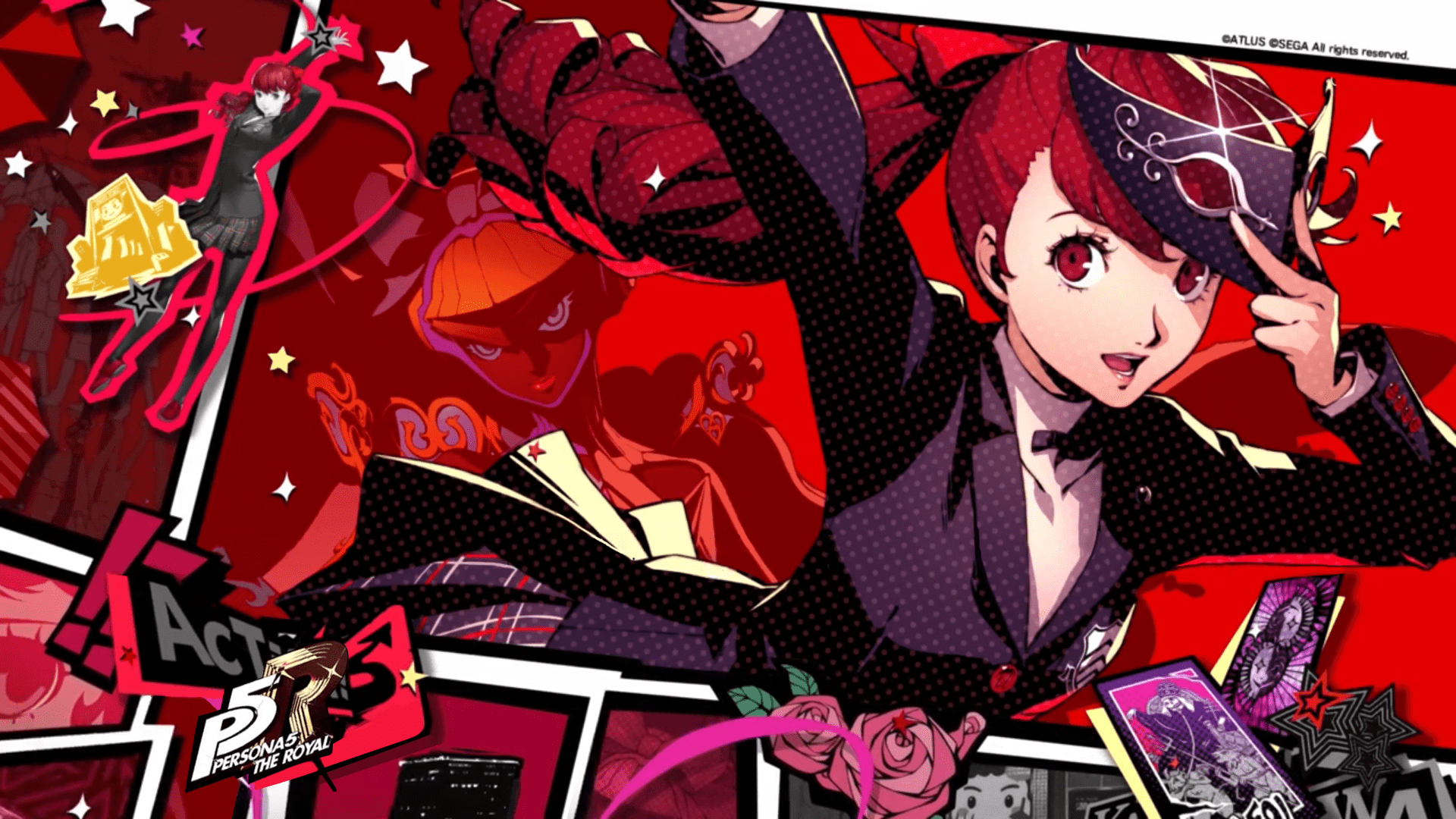
In the end, that’s all okay, because Alice was bullied, you see. They break up with their partners to dedicate more time to Alice, they go into debt to buy multiple copies of her albums or magazines, and they surrender their entire will. She traps her fans in a weird, BDSM hypno-fetish lifestyle where they have no will of their own. The first monarch is Alice Hiiragi, a fashion designer, model, and singer who uses EMMA (imagine if Siri was a god that let you control minds) to boost her popularity. This is diluted somewhat when you see how the other characters are treated. When she repents, that really is enough - Akane doesn’t need to be punished, she just needs to see that her dad is actually trying. This is normal for a girl in her situation, and so when the Phantom Thieves help her in the meta world, the forgiveness has weight. It’s a very righteous anger, and the worst thing she does in the real world is lash out at her father. She retreats into stanning the Phantom Thieves because she’s lonely and scared and angry. She’s a young teenage girl whose mother was killed in a car accident, and she resents her father (a cop) for not catching the culprit. One of the monarchs is Akane Hasegawa, daughter of Zenkichi Hasegawa, a newcomer to the Phantom Thieves in Strikers. It also does a disservice to those you can actually help. It’s a toxic attitude being fostered by the game, that people are never at fault for their own actions, that an apology is enough, and that you are absolved from the consequences your behaviour had on other people so long as you feel bad about it. There’s always a reason, always some justification for why they are the way they are. ‘Bad people are bad’ could do with a little bit more exploration, but Persona 5 Strikers flips the script too much, and it feels like the villains don’t get what they deserve. They’re not bad people, they just made some bad choices, and once they see that, they can be good people again. Strikers inverts that, and instead of defeating your foes, you’re helping them. It lacks some nuance in places, sure, but it never tries to convince us that the teacher grooming his high school students or the sleazy mobster are good people having a bad day. The Phantom Thieves often have a personal stake in taking them down, and they are positioned as bad people - living embodiments of one of the seven deadly sins. In Persona 5 however, these bosses are treated as villains. I’m talking specifically about Strikers here, rather than Persona 5 itself, even though both games have a similar rhythm. Related: Joker In Persona 5 Is An Idiot Please Treat Him Like One The repetitive structure of the game means you see a lot of confessions, but consequences are harder to come by.

Persona 5 pc theme full#
Back in the real world - these battles all take place in an alternate reality known as the Metaverse - the monarch has no memory of what has happened, but does have a change of heart, reverses their ways, and makes a full confession. Once you have defeated each monarch, they fall to their knees and confess their sins with real remorse. I want to give Persona 5 Strikers the benefit of the doubt and push it forward as a complex game that takes apart difficult themes in simple, accessible ways, but there’s one roadblock - Persona 5 Strikers is too quick to forgive. But friendship and especially forgiveness are not such simple themes as they may first appear, each jail’s design is not merely aesthetic but metaphorical, and on the gameplay front the game’s musou mechanics can be as complicated as you make them once you combine them with personas.
/cdn.vox-cdn.com/uploads/chorus_image/image/66324734/persona_5_royal_screenshot_02_ps4_19nov19_en_us.0.jpeg)
Persona 5 pc theme series#
It explores the ideas of friendship and forgiveness against the straightforward backdrop of a road trip, and asks you to complete a series of repeated tasks - investigate an area, explore a jail, defeat a mini boss, defeat the actual boss (a monarch), move on.

It’s difficult to determine whether Persona 5 Strikers is a complex game built around simple themes, or a simple game built around complex themes.


 0 kommentar(er)
0 kommentar(er)
